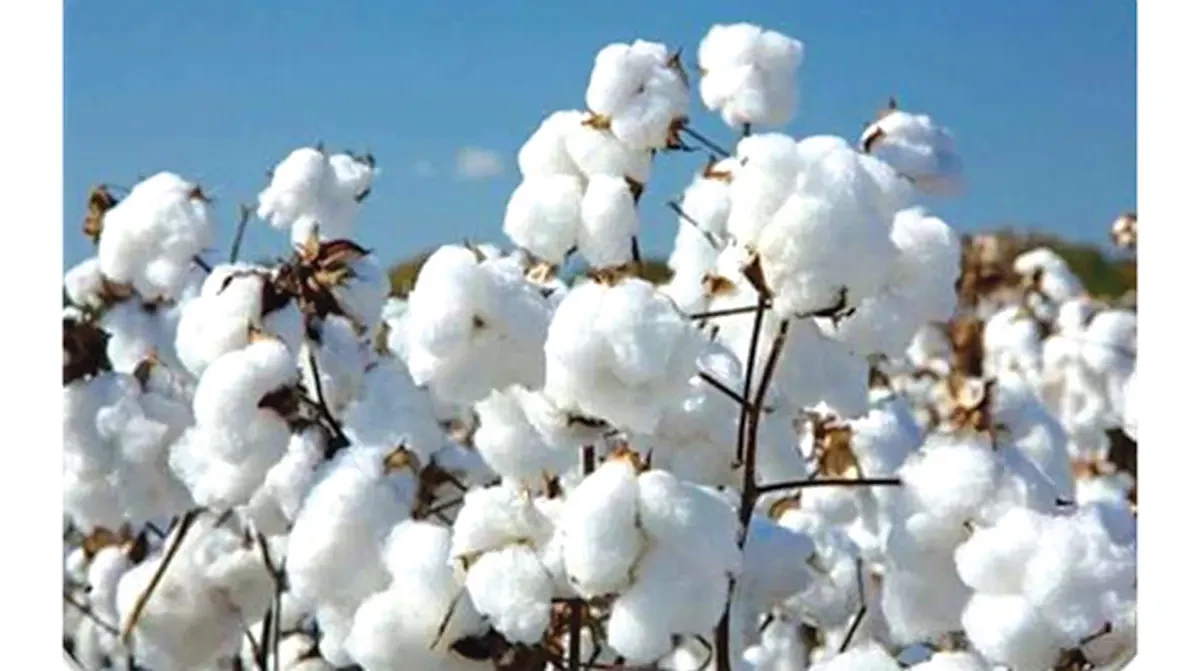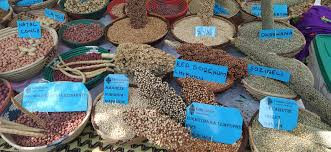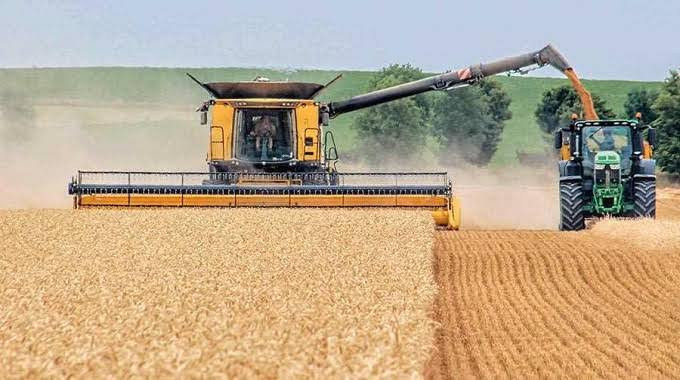
STATE-RUN Cotton Company of Zimbabwe (Cottco) has, so far, disbursed US$10,7 million and $46,9 million to white gold farmers, a latest report shows.
According to the organisation’s update for the week ending July 28, 61 726 tonnes (t) of seed cotton have been purchased since the beginning of the cotton marketing season.
“(A total of) US$10,7 million and $46,9 million has been paid to cotton farmers to date.
510 tonnes of basal fertiliser have been delivered to our business units in Muzarabani, Gokwe, Chiredzi, Kadoma, Chinhoyi, Mutare and Mt Darwin,” the report read.
The organisation has managed to settle 50% of the outstanding amount owed to farmers in United States dollars.
The government is anticipating a 31% increase in production for the 2022/23 season to 152 472t from 116 521t produced in the 2021/22 season.
Zimbabwe’s normal cotton marketing season closes around mid-August.
After this deadline, cotton farmers are required to ensure stalks are destroyed by mid-September every year.
- Private sector makes inroads into wheat production
- COP26 a washout? Don’t lose hope – here’s why
- Private sector makes inroads into wheat production
- Out & about: Bright sheds light on Vic Falls Carnival
Keep Reading
The strategy helps to prevent disease and ensures that there are no carry-over diseases as the farmers enter a new season.
Last year, the government announced pre-planting prices for strategic crops, with cotton prices ranging from US$0,40 per kg for grade D to US$0,46 for grade A.
The Reserve Bank of Zimbabwe early this year announced that cotton farmers would be paid 85% of their earnings in foreign currency as the government seeks to boost production of one of Zimbabwe’s top forex earners.
Early this year, Agricultural Marketing Authority chief executive Clever Isaya told NewsDay Business that payment delays in the previous season had “frustrated” some farmers while “non-destruction of ratoon crop in some instances perpetuated pest and disease prevalence.
Zimbabwe’s cotton farmers have been perennially affected by payment delays.
A significant part of the crop is produced under contract schemes funded by big corporations, but they have been accused of abusing farmers by paying low prices or delaying payment.
However, private actors in the cotton industry have considered creating a price stabilisation fund to deal with price swings on the global market.
The erratic price of cotton, which is set on an international scale, causes local producers to incur losses while forcing some to stop their operations altogether.
To instil discipline in the sector, the government vowed to criminalise side marketing of cotton which happens when a merchant buys a crop from farmers contracted to another merchant or when a contracted farmer chooses to sell to a merchant other than their contractor.
Cotton is one of Zimbabwe’s main foreign currency earners and underpins job creation at various points along the value chain.
But the nation’s cotton production has been falling due to a number of factors including drought, climate change, low pricing, out-of-date varieties and payment delays.











